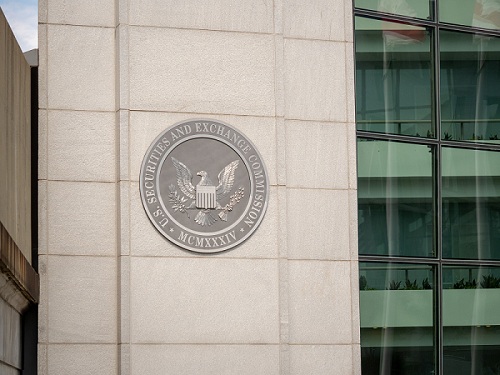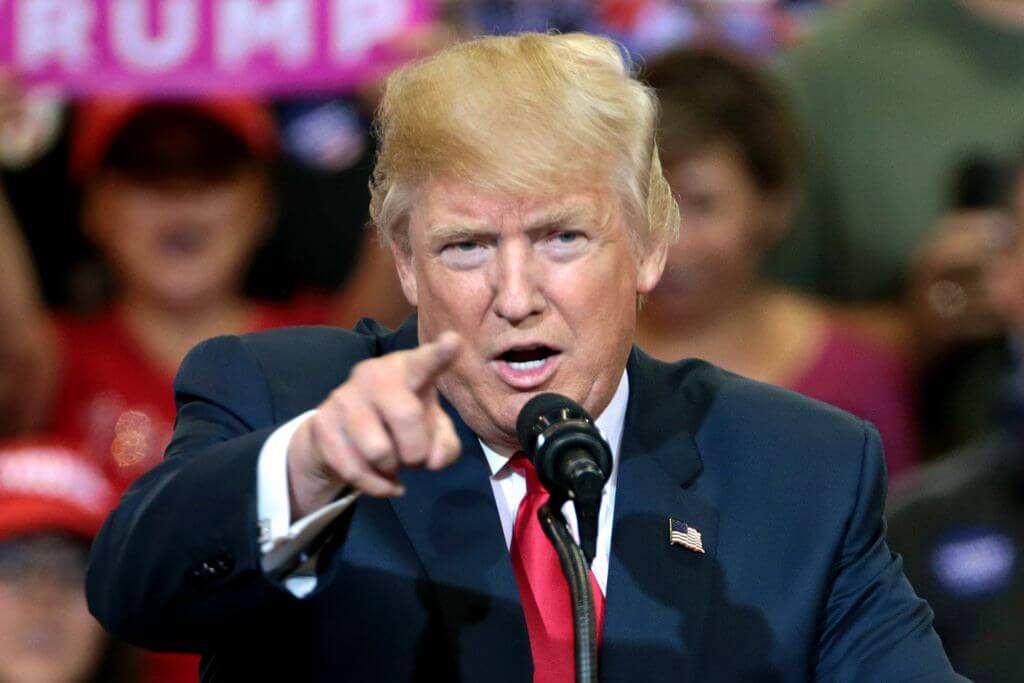The UK economy unexpectedly expanded in November, boosted by stronger services activity linked with the World Cup, supporting the case for the Bank of England to raise rates at its next meeting.
Gross domestic product increased 0.1 per cent between October and November 2022, the Office for National Statistics said on Friday. A Reuters poll of economists had forecast a 0.2 per cent contraction.
“The economy grew a little in November with increases in telecommunications and computer programming helping to push the economy forward,” said Darren Morgan, ONS director of economic statistics. “Pubs and bars also did well as people went out to watch World Cup games.”
November’s output expansion was “undeniably encouraging,” said Ruth Gregory, economist at Capital Economics as she explained that the government’s cost of living payments meant that households had more cash in November.
November’s GDP growth could mean that the UK economy avoided a technical recession, defined as two consecutive quarterly contractions, at the end of 2022, after output fell in the third quarter.
This “will only add to the pressure for the Bank of England to raise interest rates further from 3.5 per cent, perhaps to 4.5 per cent in the coming months”, said Gregory.
Markets have priced in a 57 per cent probability that the Bank of England will raise its rate by 50 basis points from the current 3.5 per cent at its next meeting on February 2. Interest rates have risen sharply from 0.1 per cent in November 2021 as the BoE battles with very high inflation.
Despite the resilience in November, the economy has been struggling under the weight of high inflation and rising borrowing costs. In the three months to November, the economy fell by 0.3 per cent compared with the previous three months.
In November, output was still smaller than in its recent peak in May 2022 and it was still 0.3 per cent below its February 2020, before the pandemic. Output from consumer-facing services, such as shops and restaurants, was 8.5 per cent below pre-coronavirus levels.
This is in contrast with all other G7 economies where GDP had already recovered from the hit of the health crisis by the third quarter.
Thomas Pugh, economist at consulting firm RSM UK said that a recession in the UK was “delayed, not cancelled” as consumer spending was likely to falter as the squeeze on household real incomes intensified.
“We continue to think that GDP will drop substantially in Q1 and Q2,” echoed Samuel Tombs, economist at Pantheon Macroeconomics as the government had temporarily stopped paying cost of living grants to low-income households in Q1, and would then reduce substantially its energy price support in Q2.
Leading economists averaged by Consensus Economics forecast UK GDP would shrink by 1 per cent in 2023, a much larger drop than the 0.1 per cent fall forecast for the eurozone and in contrast with a 0.25 per cent expansion expected in the US.
Separate ONS data, also published on Friday, showed that the fall in gas prices helped to narrow the UK’s large trade deficit by £6.5bn to £20.2bn in the three months to November compared with the previous three months.
Chancellor Jeremy Hunt said: “The most important help we can give is to stick to the plan to halve inflation this year so we get the economy growing again.”
Credit: Source link














